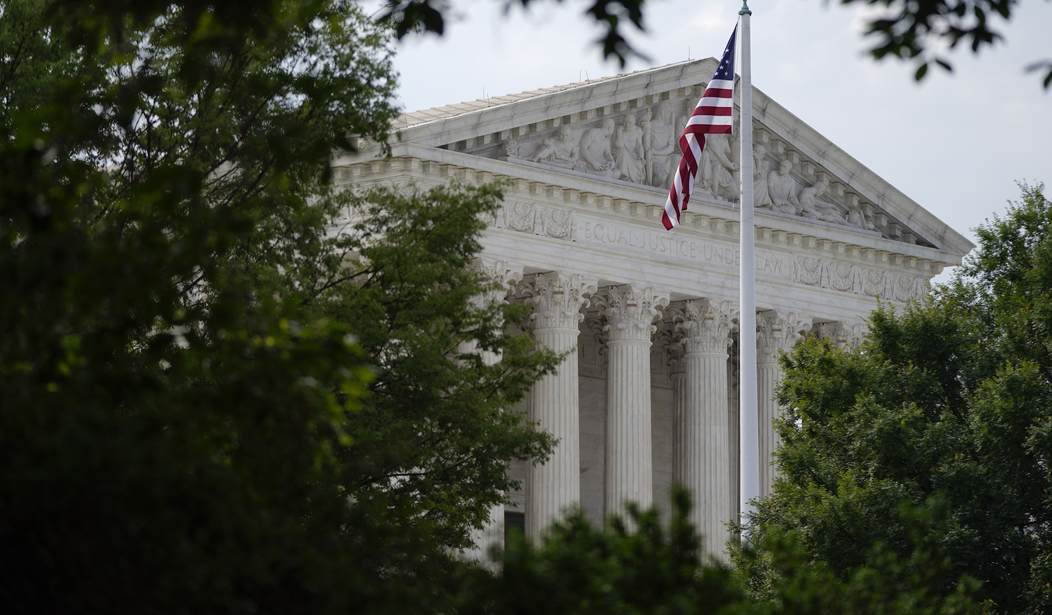Few Romans in the late decades of their 5th-century A.D. empire celebrated their newfound "diversity" of marauding Goths, Ostrogoths, Visigoths, Huns, and Vandals.
These tribes en masse had crossed the unsecured Rhine and Danube borders to harvest Roman bounty without a care about what had created it.
Their agendas were focused on destroying the civilization they overran rather than peacefully integrating into and perpetuating the Empire.
Ironically, Rome's prior greatness had been due to the extension of citizenship to diverse people throughout Europe, North Africa, and Asia.
Millions had been assimilated, integrated, and intermarried and often superseded the original Italians of the early Roman Republic. Such fractious diversity had led to unity around the idea of Rome.
New citizens learned to enjoy the advantages of habeas corpus, sophisticated roads, aqueducts, and public architecture, and the security offered by the legions.
The unity of these diverse peoples fused into a single culture that empowered Rome. In contrast, the later disunity of hundreds of thousands of tribal people flooding into and dividing Rome doomed it.
To meet the challenge of a multiracial society, the only viable pathway to a stable civilization of racially and ethnically different people is a single, shared culture.
Some nations can find collective success as a single homogenous people like Japan or Switzerland.
Or equally, but with more difficulty, nations can prosper with heterodox peoples -- but only if united by a single, inclusive culture as the American melting-pot once attested.
Recommended
But a baleful third option -- a multicultural society of diverse, unassimilated, and often rival tribes -- historically is a prescription for collective suicide.
We are beginning to see just that in America, as it sheds the melting pot, and adopts the salad bowl of unassimilated and warring tribes.
The U.S. is now seeing a rise in violent racially and religiously motivated hate crimes.
The border is nonexistent.
Millions of unlawful immigrants mock their hosts by their brazen illegal entrance.
They will receive little civic education to become Americans. But they will learn that unassimilated tribalism wins them influence and advantages.
In contrast, America was once a rare historical example of a multiracial, but single-culture democracy that actually worked.
Multigenerational Americans were often energized by keeping up with new hard-working immigrants determined to have a shot at success in a free society long denied them at home.
Other large nations have tried such a democratic multiracial experiment -- most notably Brazil and India. But both are still plagued by tribal feuding and serial violence.
What once worked for America, but now is forgotten were a few precepts essential for a multiracial constitutional state wedded to generous immigration.
One, America is enriched at its cultural periphery by the food, fashion, art, music, and literature of immigrants.
But it would be destroyed if such diversity extended to its core. No one wants Middle-East norms regarding gays or emancipated women.
No one prefers Mexican jurisprudence to our courts.
No one here wants the dictatorship of Venezuela or the totalitarianism of communist China.
Two, people vote with their feet to emigrate to America. They flee their native culture and government to enjoy their antitheses in America.
But remember -- no sane immigrant would flee Mexico, Gaza, or Zimbabwe only to wish to implant in their new homes the very culture and norms that drove them out from their old.
If they did that to their new home, it would then become as unattractive to them as what they fled.
Three, tribalism wrecks nations.
Just compare what happened in Rwanda, the former Yugoslavia, or Iraq.
Anytime one ethnic, racial, or religious group refuses to surrender its prime identity in exchange for a shared sense of self, other tribes for their own survival will do the same.
All then rebrand their superficial appearance as essential not incidental to whom they are.
And like nuclear proliferation that sees other nations go nuclear once a neighboring power gains the bomb, so too the tribalism of one group inevitably leads only to more tribalism of others. The result is endless Hobbesian strife.
Four, immigration must be measured, so that newcomers can be manageably assimilated and integrated rather than left to form rival tribal cliques.
Five, it must be legal. Otherwise, the idea of citizenship is reduced to mere residency, while the legal applicant is rendered a fool for his adherence to the law.
Six, it must be meritocratic, so immigrants come with English and skills and do not burden their hosts.
And last, it must be diverse. Only that way, can all groups abroad have equal access to the American dream.
A diversity of immigrants also ensures that no one particular ethnic or political tribe seeks to use immigration to divide the nation further.
The old immigration once enriched America, but our new version is destroying it.
Victor Davis Hanson is a distinguished Center for American Greatness fellow. He is a classicist and historian at the Hoover Institution, Stanford University, and the author of "The Second World Wars: How the First Global Conflict Was Fought and Won," from Basic Books. You can reach him by e-mailing authorvdh@gmail.com.

























Join the conversation as a VIP Member